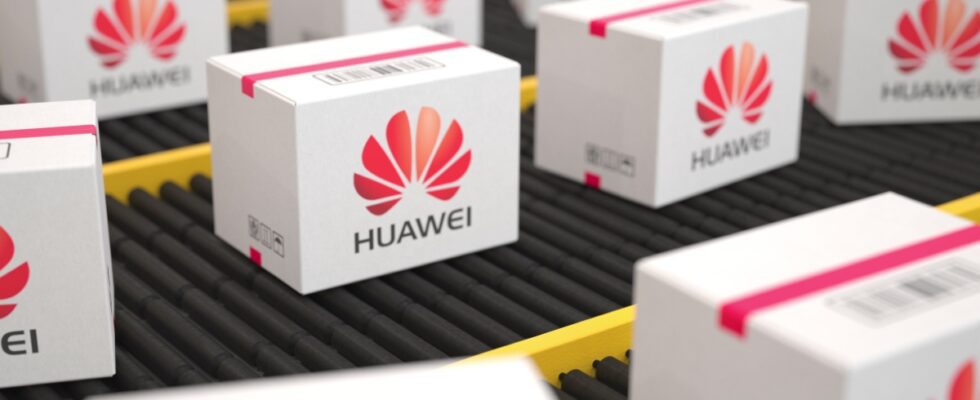Huawei manufactures its own smartphones, its own OS and is now preparing to use its own SoCs for portable devices. The 2020 American sanctions will not have succeeded in making the Chinese giant disappear.
Although through its subsidiary HiSilicon, Huawei knows how to manufacture its own chips for smartphones and other network equipment, the sanctions imposed since 2020 by Washington on the use of key American technologies are greatly hindering its expansion. This hard blow did not, however, make the Chinese giant disappear, which continued to grow thanks to its domestic market.
In its quest for alternative solutions to continue to innovate and offer attractive products to customers around the world. It is rumored that Huawei has started testing its own chips. The latter will ideally complement Huawei Mobile Services, the APIs intended to replace Google Mobile Services. Instead of Android and each of its applications and APIs, the Shenzhen company wants to offer an equivalent service made in Huawei. Petal Maps, for example, would take the place of Google Maps.
Huawei wants to offer a complete software and hardware ecosystem and manufacture its own chips
Much like Apple, Huawei may soon manufacture its own smartphones, its own OS, Harmony OS, and its own processors. Note that few smartphone brands tackle the Android and iOS behemoths head-on. When it comes to customizing the interfaces of their products, they all just add a software overlay to Android, like Xiaomi with MIUI 14.
Must Read — Huawei Really Wants You to Know HarmonyOS Isn’t Android or iOS
Will the Kirin chips developed by HiSilicon without any US technology be up to what Qualcomm and its Snapdragon 8 Gen 2 or Apple and its A16 Bionic offer? It’s impossible to say at this time, and developing high-performance chips and processors is a notoriously complicated task. That being said, Huawei has in the past demonstrated a real ability to innovate and disrupt well-established companies.
Source: Giz China
